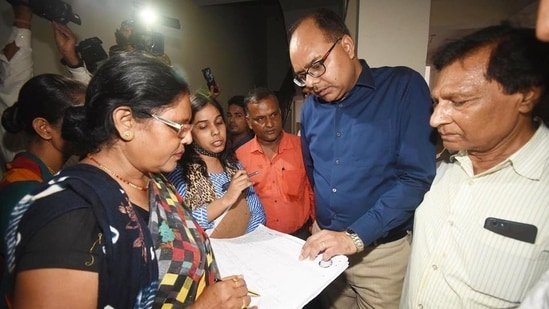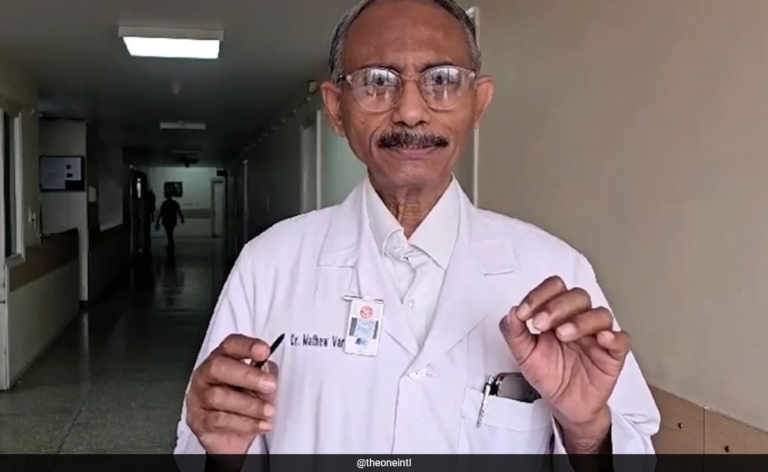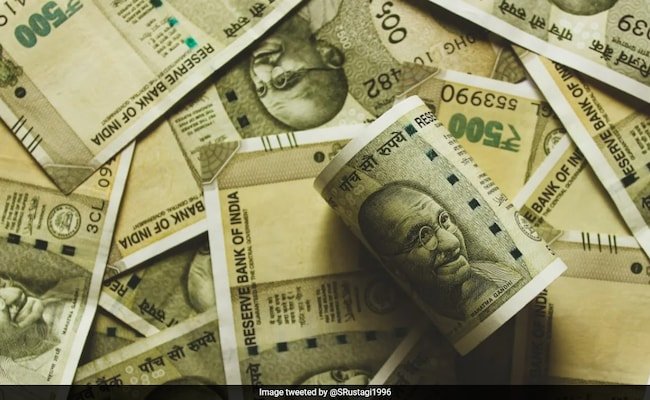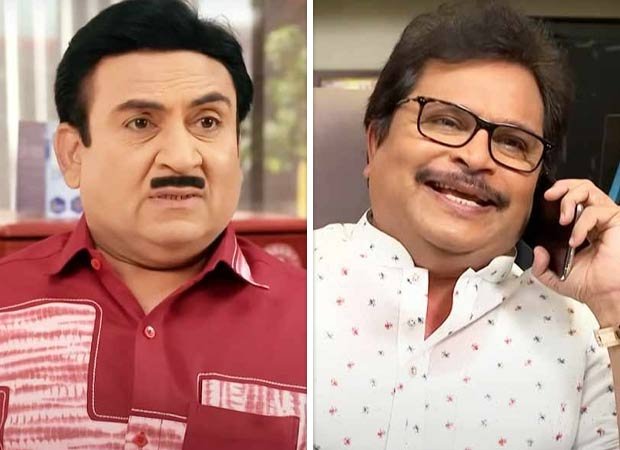
For the first time, the Union government is set to formally wade into the swirling debate around holding a physical count of castes, a version of which is underway in Bihar. During hearings on the state’s caste survey in the Supreme Court on Monday, solicitor general Tushar Mehta said that the exercise held some ramifications on which the Centre would like to weigh in. The political resonances of Bihar’s exercise are significant, not just locally but nationally. The ruling Janata Dal (United)-Rashtriya Janata Dal coalition feels that the survey’s results will revive its Mandal-era alliance of backward castes and Dalits and throw a spanner in the Bharatiya Janata Party (BJP)’s efforts to build a rainbow coalition of Hindu communities. The Opposition’s Indian National Developmental Inclusive Alliance (INDIA) believes it to be a winning formula and has pressed for a caste count as one of its core demands. The BJP is yet to take a position on the issue – its local unit in Bihar has backed the survey, albeit gingerly.

To be sure, caste surveys or censuses are unknown beasts. Not one has been attempted successfully in independent India. Their political ramifications are also untested, as is their popular appeal. But beyond elections, caste counts can have fallouts on social relations, administrative responses and political strategies. How will the government deal with competing demands for reservations? How will it tackle conversations around the redistribution of resources? Just months before the 2024 polls, will the BJP risk upsetting a winning electoral formula? Can caste queer the pitch for religion and nationalism-based mobilisations? Some clues to these questions will be embedded in the Centre’s response.
(This analysis is published through a synidicated feed courtesy Hindustan Times)






